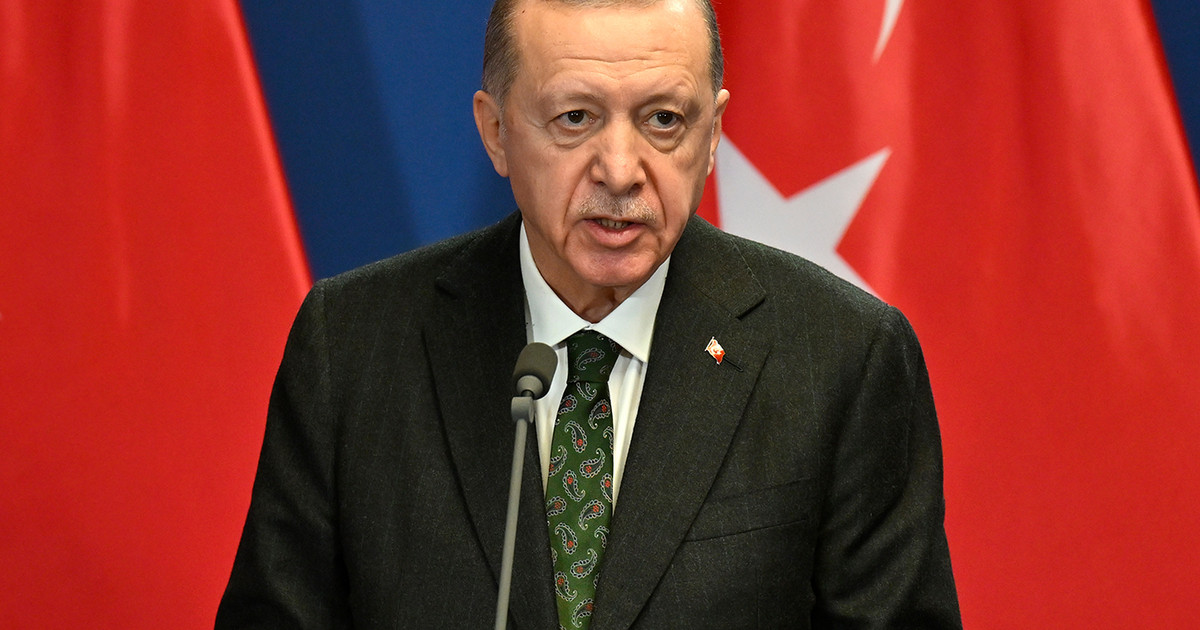The number of women who adopt their husband’s surname in marriage has fallen by 24% since the publication of the Civil Code in 2002, according to a survey by the National Association of Registrars of Natural Persons (Arpen-Brasil).
After 20 years since the publication of the Civil Code of 2002, which allowed the bride and groom to adopt the surname of the other in marriage, the number of women who started to include the surname of the husband in the marriage dropped by more than 24%.
Symbol of an increasingly egalitarian society and the practicality of modern life, the preferred choice of future couples has been the maintenance of family surnames, which today represent 47% of the options at the time of marriage license.
In 2002, when the current Civil Code was published, the percentage of women who adopted their husband’s surname in marriage represented 59.2% of marriages.
Since then, there has been a gradual decline in this option. In the first “decade” of this change – 2002 to 2010 -, the average number of women who chose to add their husband’s surname represented 52.5%. In the second “decade” of the current legislation – from 2011 to 2020 – this percentage increased to 45%.
“The information from the Civil Registry Offices is a faithful portrait of Brazilian society, since they preserve the primary data of its population”, says Gustavo Renato Fiscarelli, president of the National Association of Registrars of Natural Persons (Arpen-Brasil).
“In the case of marriages, it was clear that society was moving towards greater equality between the genders, with the woman no longer being submissive to her husband and assuming a leading role in civil life”, explains Fiscarelli.
If the number of women who adopted their husband’s surname has been falling over the years, the choice of Brazilians has increasingly been to maintain their original family names, in a trend that has been accelerating over the years, representing an increase in percentage of 31% since the enactment of the current Civil Code.
In 2002, this option represented 35.7% of marriages in the country. In the first “decade” – 2002 to 2010 – since the publication of the current Code, the average of this option started to represent 36.2% of the marriages performed, while in the second analyzed period – 2011 to 2020 -, the average of this choice passed representing 44% of the celebrations held in the country’s Civil Registry Offices. In 2021, this percentage reached 47%, reaching almost 50% of the choices in the first five months of 2022.
A novelty introduced by the current Brazilian Civil Code, the possibility of adopting a woman’s surname by a man has not yet “taken hold” in society, representing in 2021 only 0.7% of the choices at the time of marriage, a percentage that reached its peak in 2005, when it was the option in 2% of marriages.
The change of surnames by both spouses in marriage represented, in 2021, 7.7% of the choices, having reached its peak in 2014, when it was an option in 13.8% of the celebrations.
The choice of the surnames of the future couple must be communicated to the Civil Registry Office at the time of enabling the marriage – when the personal documents provided for by law are presented.
The person who changes a name must arrange for the change of all their personal documents – RG, CNH, Voter Registration, Passport, bank records, real estate and workplace records. If you do not want to make the change, you must present the marriage certificate when it is necessary to prove your new identification.
Source: CNN Brasil






